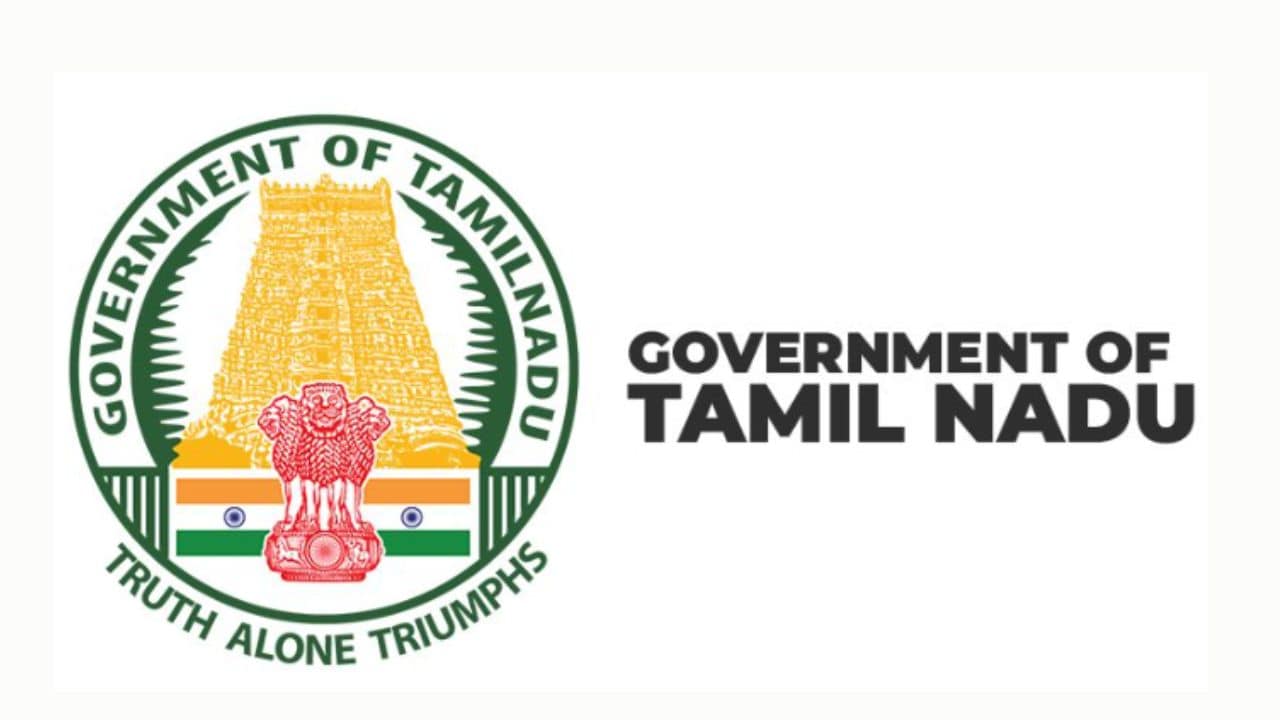The E-Gaming Federation met with officials from the Tamil Nadu Online Gaming Authority on Tuesday to seek clarity on the newly enforced Tamil Nadu Online Gaming Authority (Real Money Games) Regulations, 2025. According to sources, the regulator listened to the concerns of stakeholders but emphasized that the regulations must be implemented or legal consequences would follow.
The meeting, held on Tuesday, was attended by TNOGA full-time members Md. Nasimuddin and Dr. M.C. Sarangan, along with Anuraag Saxena, Chief Executive Officer (CEO) of the E-Gaming Federation, and three top real money gaming (RMG) operators.
A TNOGA source confirmed the development, stating, “The regulations must be implemented by the RMG companies.” TNOGA plans to engage with other stakeholders in the coming days.
Anuraag Saxena, CEO of the E-Gaming Federation, declined to comment on the meeting.
A senior RMG operator familiar with the situation said, “TNOGA has made it clear that the regulations must be implemented, or legal action will follow. During the meeting, TNOGA officials were very clear about their intent to enforce the regulations.”
Notably, RMG operators have yet to implement the regulations in Tamil Nadu, leaving them exposed to potential criminal liability. “We need at least three to six months to implement the regulations. Making changes to technology specific to Tamil Nadu users is not easy. Pop-up messages on screens, modifications in KYC processes, and other compliance updates require thorough testing before they can be deployed on platforms,” an industry source explained.
Multiple RMG federations and operators are currently evaluating how to comply with the TNOGA regulations. A legal expert, speaking on condition of anonymity, stated, “RMG operators must comply with the regulations once they are published in the gazette. Failure to do so could lead to criminal liability for the companies.”
Non-compliance with the regulations will result in legal action against the RMG operator under Section 16(3) of the Tamil Nadu Prohibition of Online Gambling & Regulation of Online Games Act, 2022.
Storyboard18 previously reported that the RMG industry was preparing to take legal action against the Tamil Nadu government over its arbitrary “blank hour” regulations, which would prohibit gaming between midnight and 5 AM.
The RMG industry is divided over the regulations with many operators skeptical about taking legal action against the Tamil Nadu government. While some RMG operators believe a formal lawsuit should be filed immediately, others are hesitant.
Dr. Palanivel Thiagarajan, Tamil Nadu’s IT Minister, previously told Storyboard18 that TNOGA reports to the Home Ministry, while the RMG industry falls under the IT sector. He also noted that the state had held discussions and was in the process of forming a formal working group.
“We’ll clean up the gazette notifications and interpretations to ensure the focus remains strictly on real-money games and does not impact other areas. These are the growing pains of being a pioneer. When you’re the first to pass a law and establish an authority, it sometimes takes a few iterations to get it right,” he said.
It’s worth noting that in November 2023, the Madras High Court struck down the law banning online money games such as Rummy and Poker, declaring it “unconstitutional.”
A bench comprising Chief Justice SV Gangapurwala and Justice PD Audikesavalu ruled that while the state government has the authority to regulate online gaming by imposing time limits or age restrictions on both games of skill and chance, it cannot ban games of skill, such as Rummy and Poker. The court clarified that the Act could only be used to prohibit games of chance, not games based on skill.
